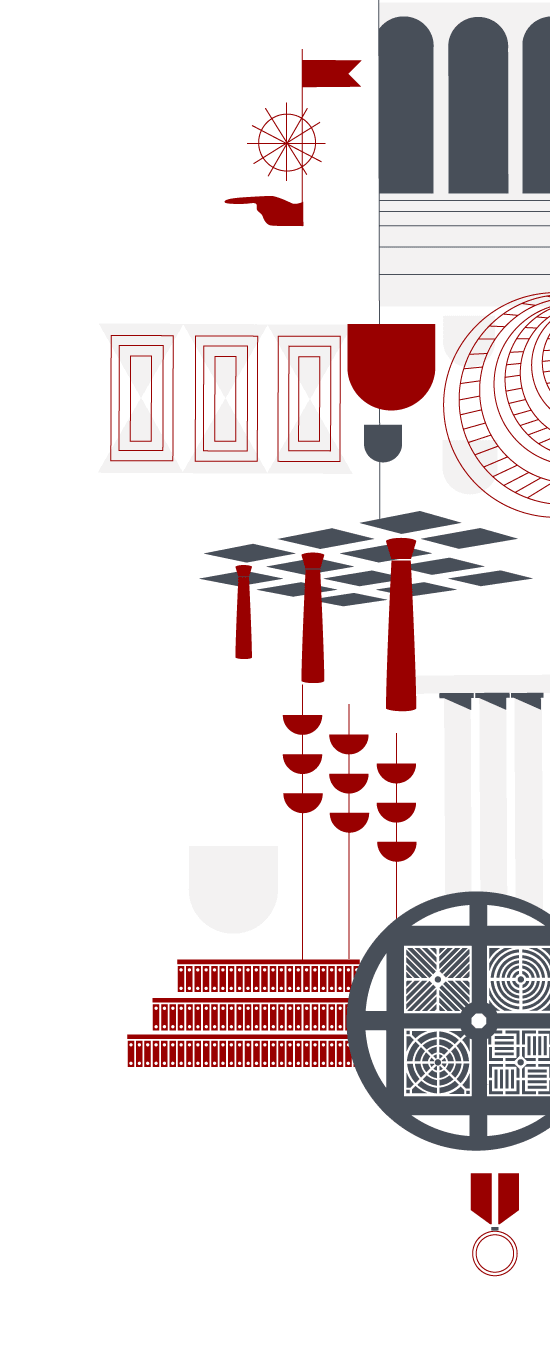
About Italy
Banks
Banks can be found all over the city, especially in the city centre and they are generally open every morning from Monday to Friday until 1 pm and in the afternoon from 3 pm until 4 pm.
Debit and Credit cards are not accepted everywhere so you had better bring some cash with you.
Currency
Italy has been in the Eurozone since 2002
Denominations of the euro:
Banknotes: 5 · 10 · 20 · 50 · 100 · 200 · 500 euro
Coins: 0.01 · 0.02 · 0.05 · 0.10 · 0.20 · 0.50 · 1 · 2 euro
For current exchange rates consult www.ecb.int
Electricity
Italy uses Europlugs – two-pin plugs found all over Europe. The electricity supply is 200V/50Hz
Emergency numbers
Police 113
Carabinieri/Military Police 112
Fire Department 115
Ambulance 118
City Police 049 8205100
Public Holidays
1st January: Capodanno (New Year’s Day)
6th January: Epifania (Epiphany)
Lunedì di Pasqua (Easter Monday)
25th April: Festa della Liberazione (Liberation Day, 1945)
1st May: Festa dei Lavoratori (Labour Day)
2nd June: Festa della Repubblica (Republic Day - Birth of the Italian Republic, 1946)
13th June: Sant’Antonio (Saint Anthony’s Day, patron saint of Padova)
15th August: Assunzione (Feast of the Assumption)
1st November: Ognissanti (All Saints)
8th December: Immacolata concezione (Immaculate conception)
25th December: Natale (Christmas Day)
26th December: Santo Stefano (Boxing Day)
Smoking
Since January 2005, Italy operates a non-smoking policy in all public buildings including cafés, restaurants and offices.
Tax system
The Italian tax system is nationally managed by Agenzia delle Entrate (Revenue Agency); taxes are levied nationally, regionally and locally. They are grouped into two categories:
- Direct Taxes, paid directly to the government by the person whose income is taxed (e.g., personal income tax, called IRPEF - Imposta sul Reddito delle Persone Fisiche)
- Indirect Taxes, paid only if and when a taxable transaction takes place (e.g., taxes on goods, services or imports, such as IVA - Imposta sul Valore Aggiunto; VAT).
Besides the main national taxes, there are also local taxes (e.g., tax on municipal solid waste management). All workers are subject to taxation of their income or benefits. The amount of tax to be paid varies according to the type and duration of work contracts.
Tax code (codice fiscale)
The Italian tax code (codice fiscale) is an alphanumeric code which allows Italian authorities to identify any person. The tax code is essential if you need to sign a contract in Italy, to open a bank account, and to access many public services (including health services).
The official tax code is NOT needed at application stage. The online application system will automatically generate a tax code for all non-Italian citizens. The official code is however needed to enrol at the University of Padova.
The tax code is issued by the Italian Revenue Agency (Agenzia delle Entrate). You can apply for a tax code following one of the procedures detailed below:
- Apply directly at the Italian consular authorities in your country of residence (recommended). Visit the website of the Italian consulate/embassy in your country for further information
OR
- For students: if you are admitted to one of our degree programme the Admissions and Welcome Unit will apply for a tax identification code on your behalf and will send you the certificate via email.
- For staff: contact the University/Department office of reference providing a copy of your passport. The Office will request a tax code on your behalf and forward it to you once ready. Please note that it may take several weeks.
Telephoning
Calling Italy from abroad
- Dial the international access code (00)
- Dial the country code (39)
- Dial the number including the area code (Padova: 049)
Calling abroad from Italy
- Dial the international access code (00)
- Dial the two digit country code
- Dial the number including the area code
Time
Italy is in the Central European Time zone, 1 hour ahead of GMT (Greenwich Mean Time). In summer (last Sunday in March to last Sunday in October) Italy is 2 hours ahead of GMT.


